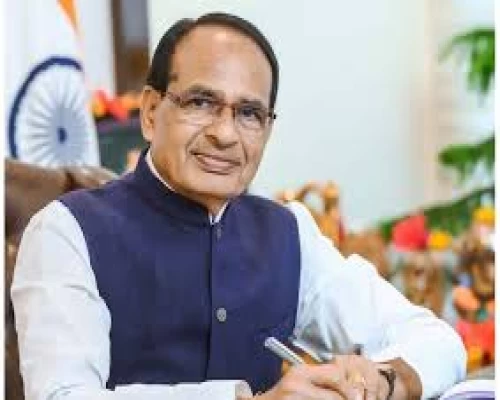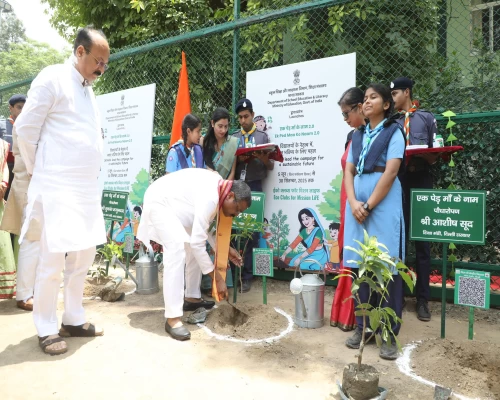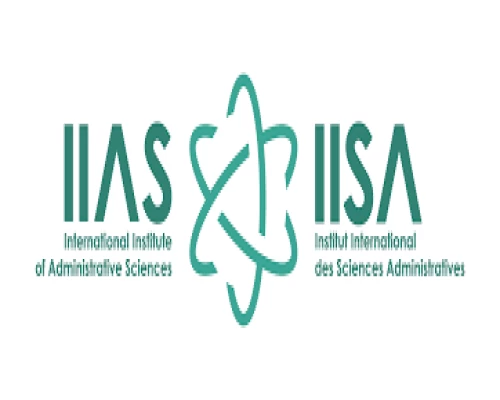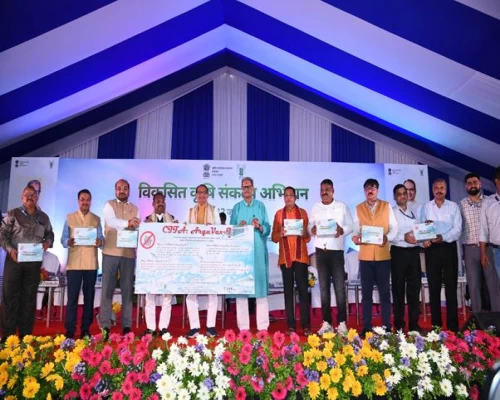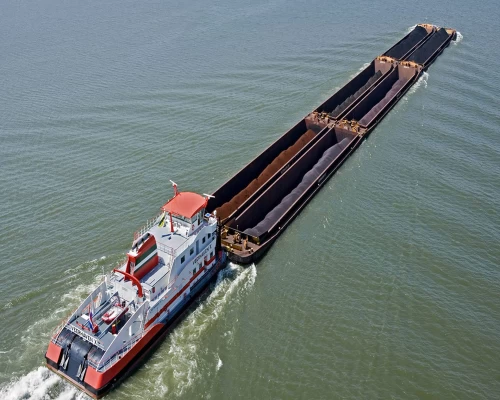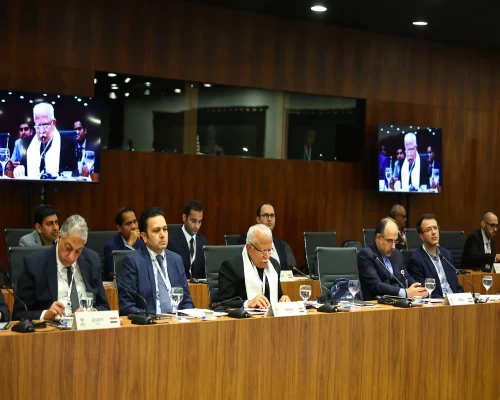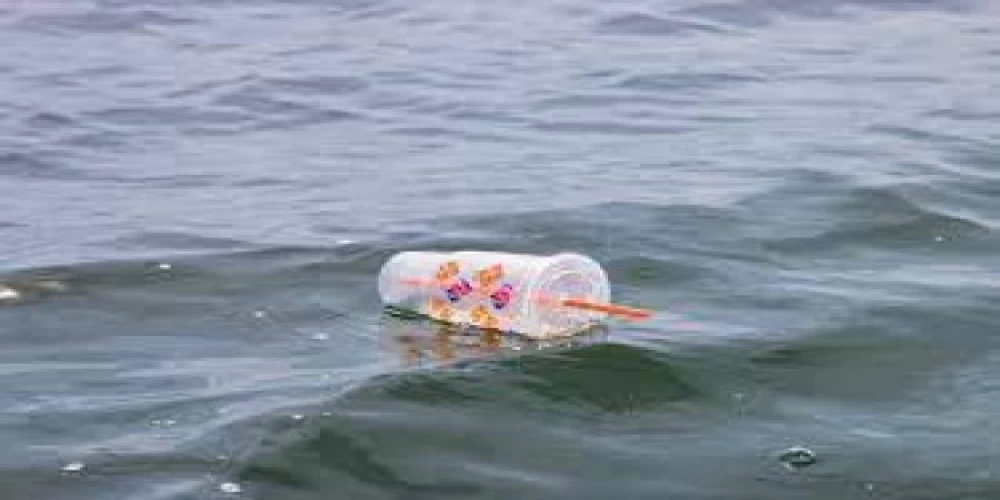
New Delhi: In a bid to make the country free from single use plastic (SUP) as well as contribute to improving the environment, under the overarching mandate of ‘Clean and Green’ campaign, Union Ministry of Housing and Urban Affairs (MoHUA) has issued a detailed advisory to States and UTs to take up a range of activities to achieve the goal of freedom from SUP. These will include a large-scale cleaning drive with special emphasis on plastic waste collection as well as large scale tree plantation drives, with participation of all citizens – students, voluntary organisations and self-help groups.
The advisory for enforcing the committed nation-wide SUP ban encompasses a plethora of suggested initiatives. Under the Swachh Bharat Mission – Urban 2.0, currently being implemented by MoHUA, plastic waste management, including elimination of SUP - is a crucial area of focus. Under the Mission, every ULB is required to adopt 100 per cent source segregation of waste, and have access to a Material Recovery Facility (MRF) for sorting the dry waste including plastic waste into further fractions for recycling or processing into value added products, thereby reducing to a minimum the amount of plastic and dry waste ending up in dumpsites or water bodies.
While 2,591 ULBs - out of 4,704 - have already reported notification SUP ban as per the directions of Central Pollution Control Board and MoEF&CC, States/UTs will need to ensure that the remaining 2,100 plus ULBs notify the same by 30th June, 2022. ULBs will need to identify SUP ‘hotspots’ and eliminate them, while parallely leveraging the support of State Pollution Control Boards and forming special enforcement squads, conducting surprise inspections and imposing heavy fines and penalties on defaulters, for enforcing SUP bans.
As per PWM (Amended) Rules, 2021, the manufacture, import, stocking, distribution, sale and use of carry bags made of virgin or recycled plastic less than seventy-five microns (75 µ i.e. 0.075 mm in thickness) has been banned with effect from 30th September, 2021 as opposed to fifty microns (50 µ) recommended earlier under PWM Rules, 2016. As a consequence of this new provision, citizens are now encouraged to desist from using thin plastic carry bags provided by street vendors, local shopkeepers, vegetable sellers etc. and use alternative options.
Most importantly, the advisory stresses on large scale people participation, where all citizen categories – elected representatives such as Mayors and ward councillors, voluntary organisations, local NGOs, RWAs, market associations, self-help groups, students and youth groups etc, are to be identified and engaged with, to carry forward the message of SUP ban and enforcement. ULBs may also encourage citizens to take pledges to not litter plastic and prevent plastics getting into landfills along with reward campaigns to publicise good disposal behaviour in media or social networks to encourage others to stop SUP usage. /BI/





